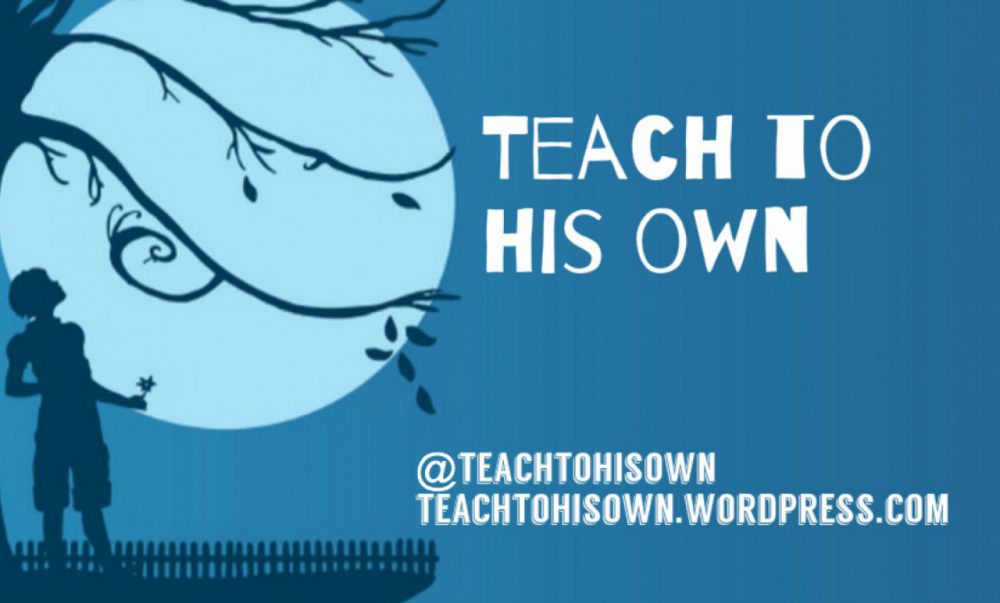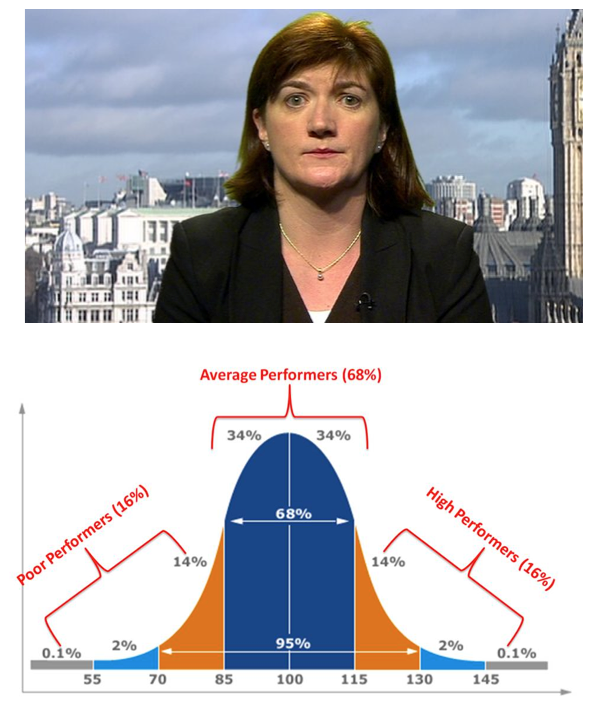In my previous post I rattled on how I was trepidatious at the prospect of our new CPD programme being rolled out; in part this was because of September jitters but was also because it will require staff to take ownership over their development like never before.
I try to read lots of other educational blogs and notable educationalist’s twitter feeds and there seems to be an agreement that in order to create a high-impact CPD programme you need to:
A) Give staff independence and the freedom to pursue their own goals within a framework that suits the school’s developmental needs.
B) Have a system that is not perceived by staff as increasing workload or that is a ‘high-risk’ and ‘high-pressure’ environment in which you sink or swim.
C) Give an element of choice; such as the opportunity for staff to choose which workshops they attend or allow visits to other schools that may help in personal development.
D) Create a culture in which staff desire to become better practitioners and know how this needs to be achieved; as opposed to a culture in which staff feel pressured into having to achieve new standards that are given to them by SLT.
When I began the process of developing our new system last year with a colleague, I kept the above pointers in mind and reflected on my time as a PGCE student where I often found that my experience out of the classroom didn’t quite tally up with my experience inside the classroom.
I wanted a system in which staff would be rewarded for their research and work outside of the classroom or school environment, and would be given a menu of opportunities that they could sign up for and attend and in doing so have a truly unique experience. No two members of staff will have done the same activities between now and July.
As such the fundamentals of our system are as follows:
- CPD days will be disaggregated – there will be 6 hubs over the course of the year that staff will attend after school. There will also be an extra disaggregated day that staff earn through maintaining an Independent CPD Log/Journal over the course of the year.
- Hubs will be split in half.
- For the first half you will meet with the same working group throughout the year that focuses on an aspect of the school’s key targets which are in line with their personal targets. These working groups are given the freedom and scope to choose their own ways of working towards a key question provided by us.
- In the second half of a session you will attend a workshop on a topic of your choice; there will be at least 4 topics to choose from.
- The independent CPD log is a low-pressure method of helping staff pursue their CPD goals over the course of the year. It is simply one side of A4 per term in which you have to spend no more than an hour over 6 weeks logging what you have done/discovered/read or researched.
- This is differentiated so that if a teacher struggles to achieve this they can instead use IRIS to record a lesson and reflect on what they could do to improve it.
At the end of the year the different working groups will present their findings to the other members of staff in a way that we haven’t yet decided on! So far we are considering a careers-fair style event where each group has a stand in which they present their findings. Or instead it might be an article they produce that goes into a school CPD Handbook, so over the years what we discover can be kept on record for new members of staff to benefit from – as yet we have not weighed up the pros and cons, (and what is realistic), in terms of this aspect of the CPD.
If I were on the receiving end of this CPD I would feel out of my comfort zone; I would certainly be nervous at the prospect of being in charge of my own time and how I filled it. However, I would also be terribly excited at the prospect of pursuing my own agenda. I have said before hand that we know ourselves best and therefore know what we need to be better at. It is logical therefore that we put ourselves in charge of this crucial aspect of our development.



